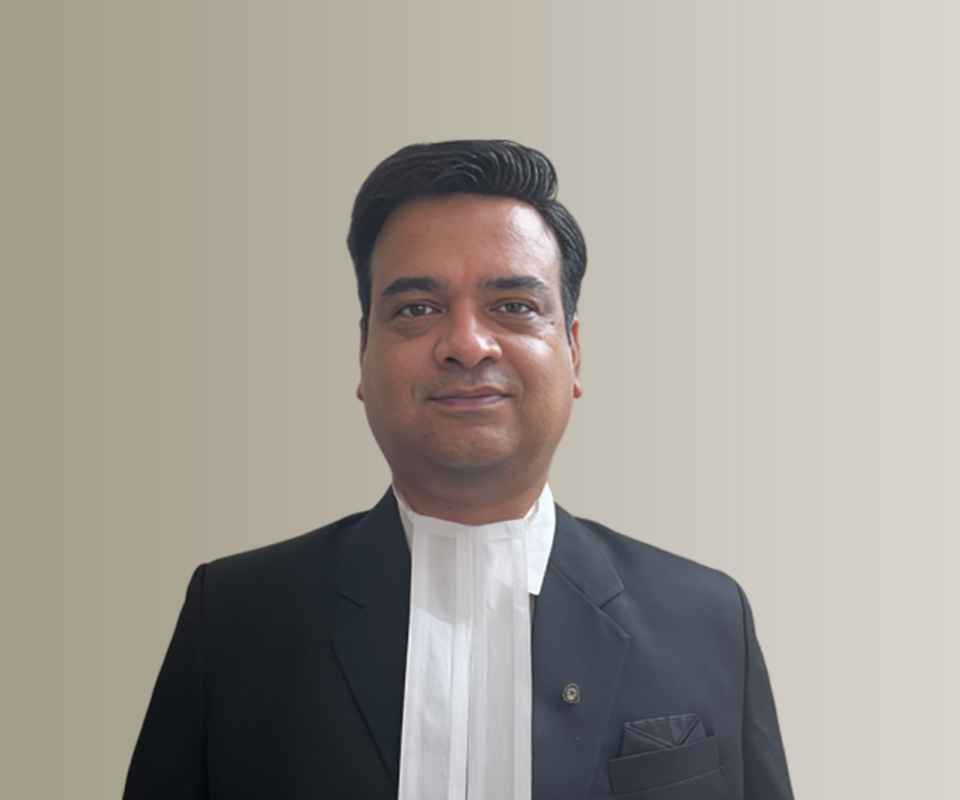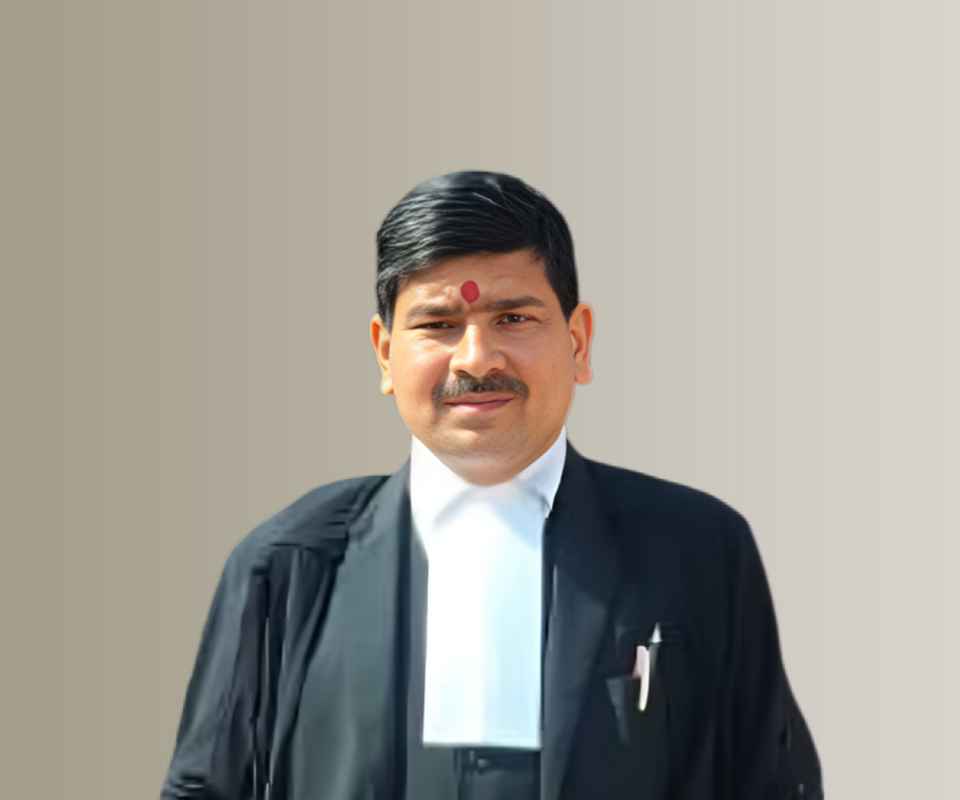Answer By law4u team
In India, a victim of domestic violence does not have the authority to "drop charges" in a domestic violence case once criminal charges have been filed by law enforcement authorities. This is because criminal cases in India are prosecuted by the state, not by individual victims. Once charges have been filed, it is up to the prosecuting agency, typically the police or public prosecutor, to pursue the case through the criminal justice system. However, it is important to understand that the victim's cooperation and willingness to testify as a witness can significantly impact the outcome of the case. Even if a victim expresses a desire to withdraw or not pursue charges, the prosecuting agency may still choose to proceed with the case if there is sufficient evidence to support the charges or if it is deemed to be in the public interest. Here are some implications of a victim's decision to withdraw cooperation or not pursue charges in a domestic violence case: Prosecutorial Discretion: Prosecutors have discretion to decide whether to continue prosecuting a case based on factors such as the strength of the evidence, the seriousness of the offense, the victim's safety and well-being, and the public interest. Even if a victim requests to withdraw charges, prosecutors may proceed with the case if they believe it is warranted. Victim Safety Concerns: Victims may face pressure or coercion from the perpetrator or other parties to withdraw charges or not cooperate with law enforcement. In such cases, it is important for victims to prioritize their safety and seek support from domestic violence service providers, legal advocates, or law enforcement agencies. Impact on Prosecution: A victim's refusal to cooperate or testify as a witness can weaken the prosecution's case and may result in challenges in securing a conviction. Prosecutors may still proceed with the case if there is other evidence available, such as medical reports, eyewitness testimony, or prior incidents of abuse. Civil Remedies: Even if criminal charges are not pursued or are dropped, victims of domestic violence may still pursue civil remedies, such as obtaining protection orders, filing for divorce or separation, or seeking compensation for damages through civil lawsuits. Community Support and Resources: Victims of domestic violence should be connected with support services and resources regardless of their decision to pursue criminal charges. These resources may include shelters, counseling services, legal aid, and advocacy organizations that can provide assistance and support to victims throughout the legal process. Overall, while victims of domestic violence do not have the authority to unilaterally drop charges in criminal cases, their cooperation and willingness to participate as witnesses can influence the outcome of the case. It is essential for victims to be informed of their rights, options, and available support services, and to prioritize their safety and well-being throughout the legal process.









